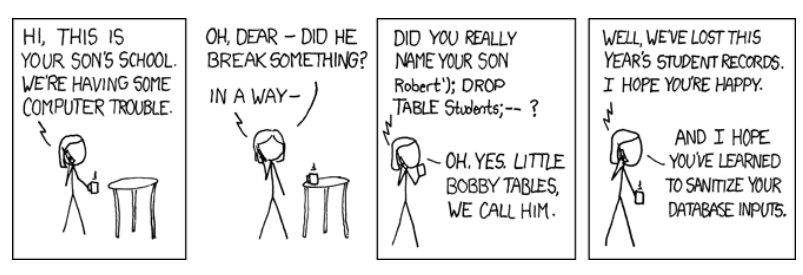A blog is a place for ideas, commentary, and creative writing. But it’s also an opportunity for hackers to steal your information or take control of your site. If you want to protect yourself from malware attacks, follow these five tips.
1) Install software updates as soon as they are released.
2) Use strong passwords that are unique on every account you have online.
3) Create a WordPress backup before making any changes to your website that might break it or delete important data (like the content).
4) Keep plugins up-to-date with their latest versions by checking them regularly in the “Plugins” section under “Settings.”
5) Change all admin account passwords periodically at least once every six months.
As the internet becomes more and more central to our lives, it’s also becoming a bigger target for hackers. WordPress is one of the most popular content management systems in use today, so it should be no surprise that there are plenty of security issues with this platform.
Luckily for all you bloggers out there, we have 7 quick tips to help increase your blog’s security while still keeping things easy on yourself.
A blog is a great way to share your ideas, thoughts, and life with the world. But what’s even more important than creating content for everyone to read is protecting it from being hacked or stolen.
If you have not taken steps to ensure that WordPress security has been updated recently then now is the time! Follow these 7 quick tips below in order to improve your WordPress security today.
7 Tips to Improve WordPress Security-
WordPress is one of the most famous Content Management System (CMS) out there, being also very popular among bloggers. It has already been used by more than 60 million websites worldwide. If you are running a WordPress site, here is some info that can help you improve your security:
This tutorial will help you with 7 tips to improve WordPress security.
1) Use A Strong Password:
If people know your password, they can easily break into your WordPress account. The best way to have a strong password is by using random alphanumeric strings. It’s quite easy to do using our Password Generator tool.
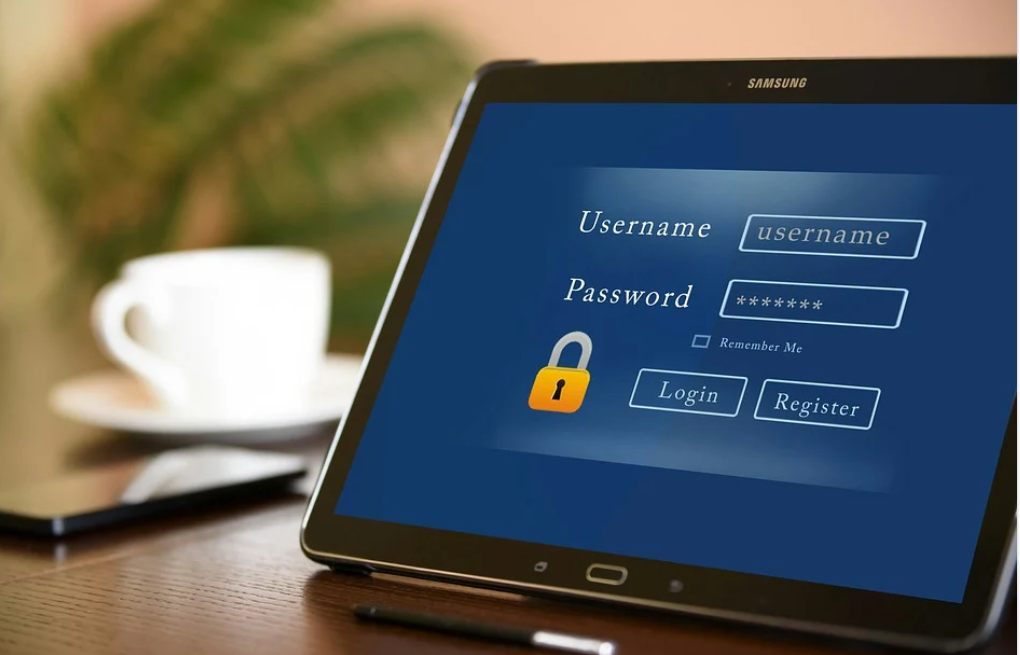
Ensure that the password you use for logging in to your site is strong and long enough, containing a mixture of numbers, symbols, upper-case and lower-case letters. Make sure it doesn’t follow a pattern or have any obvious connection to you or your site. WordPress Admin Tools plugin can help you generate a random password, with the option of adding it to your clipboard for easy access.
2) Change Default URL Structure :
Another important step which you should take for better security would be changing the default URL structure. You can change the URL structure of your blog at Settings > Reading. In the URL Structure box, enter a new permalink structure and click on Save Changes.
3) Enable Login Lockdown:
WordPress by default allows multiple users to login from the same IP address which means if one user logs off, the other user will be kicked off. It’s a security risk as there are tools available which allow scanning for multiple logins from the same IP address.
You can enable the Login Lockdown feature at Settings > Discussion and set the number of allowed login retries as per your requirement. This will lock out any user after 5 failed login attempts.
The WordPress Login LockDown plugin is a good choice to help you protect your site from Brute Force Attacks. With it, the number of login attempts on your site will be limited and if an incorrect username or password is entered more than a certain number of times, that IP address will be temporarily blocked.
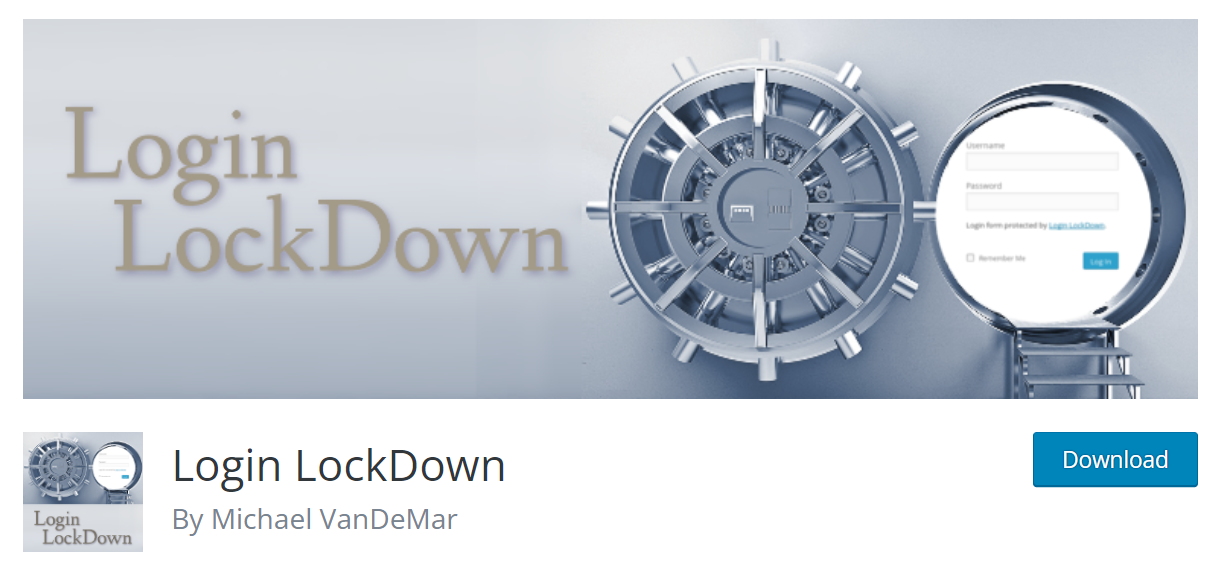
This way, if someone tries to guess your username and password, they won’t get unlimited chances to enter it right.
4) Keeping Up to Date:
Another thing that you should keep in mind is that your WordPress should be always updated. WordPress releases new updates regularly and these patches will help you get rid of security holes and further harden the security of your blog.
It is very important that you keep your WordPress installation updated. Just like any other software, it can be prone to vulnerabilities if not operating on the latest version.
Use the automatic updates feature that is available in most WordPress sites or install an efficient plugin called “Automatic Updates For WordPress” instead if for some reason your site doesn’t allow that feature.
5) Strong Backup:
Last but not least, you should have a strong back up of your blog. You can either use WordPress Backup to Dropbox Plugin or take backups manually by saving all the important files on an external hard drive.
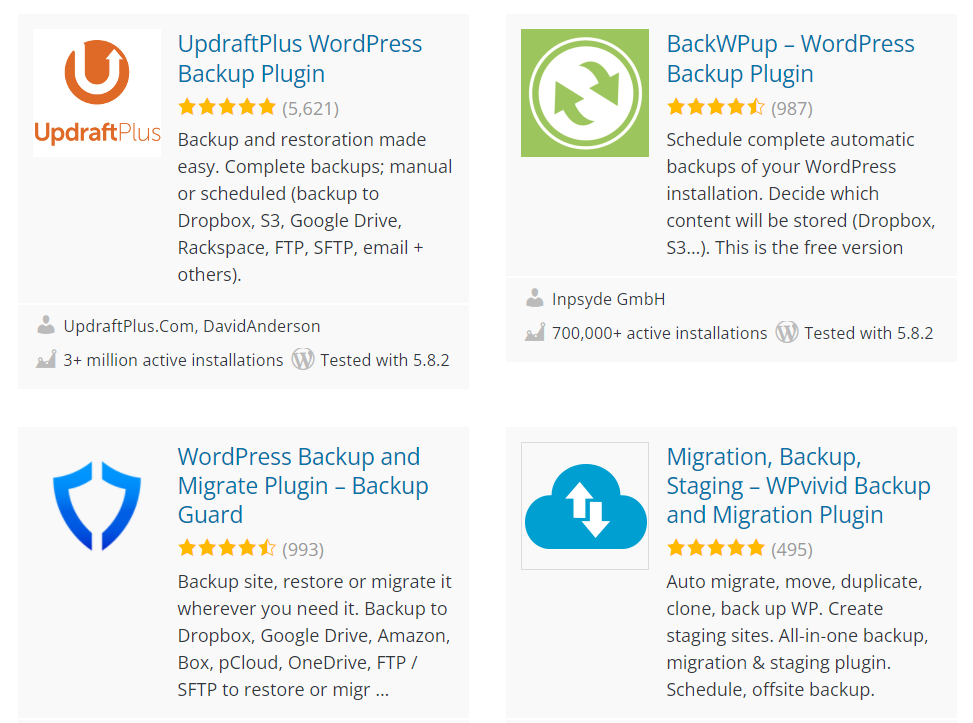
By default, WordPress doesn’t keep any backup of the posts and they are deleted as soon as you delete them from your blog’s editor.
6) Change Your Admin Username
The first thing that you can do is to change your default admin username into something harder to guess.
The most recommended way is to choose a name different than “admin” and preferably something shorter than 12 characters, containing both upper-case and lower-case letters, numbers and symbols.
7) Disable Theme And Plugin Editing From Dashboard
If you are not updating themes or plugins on your site regularly, consider locking them down so that other users can’t edit them. A good way to do this is by using the Limit Login Attempts plugin mentioned above
What is WordPress Security?
WordPress is an open source platform which provides a website and blog to the users. WordPress plugins and themes provide additional features and functionality to it. The most important thing about these websites is that they are frequently attacked by hackers because of their high traffic and popularity.
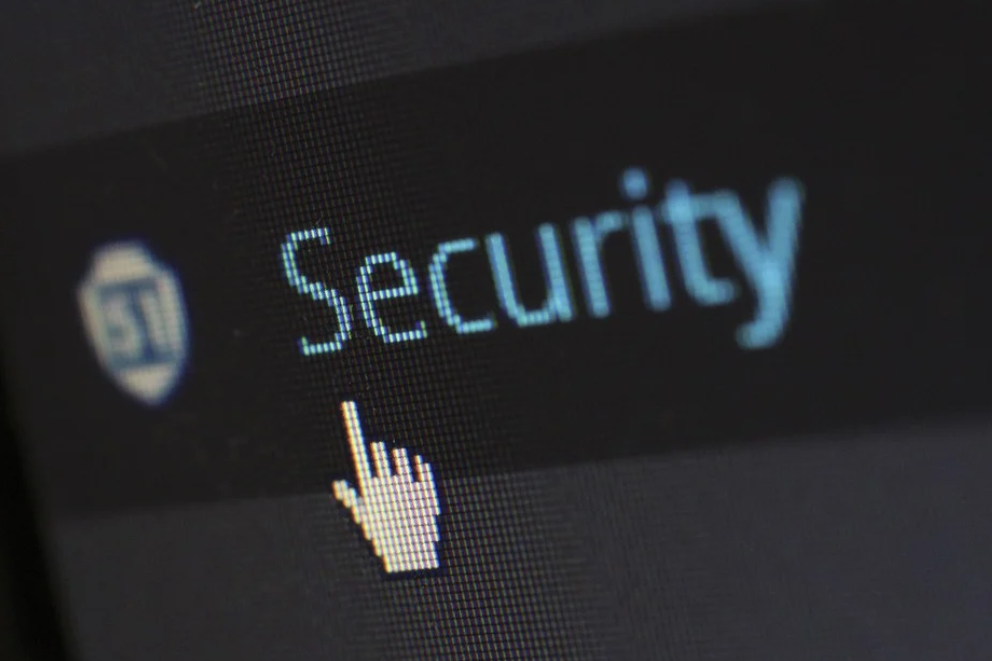
There are various ways through which a WordPress site can get hacked. As WordPress is an open source platform, it enables the developers to write plugins and themes for it.
These plugins are then submitted to the official repository of wordpress which is publically available. Anyone with knowledge about PHP can easily adapt these codes and change them according to their requirements. This is one of the major causes of hacking.
The hackers can also take advantage of the vulnerabilities that are present in WordPress core itself or in its plugins and themes. This vulnerability is then exploited to create a backdoor into the original website.
The malicious codes are entered without even the administrator realizing it, thus causing security breaches on their websites. There are other ways where the site owners themselves unknowingly allow the hacker to enter the system.
Security of WordPress sites cannot be guaranteed by plugins or themes alone. The website owner must be careful and maintain it properly so as not to fall prey for these hackers.
Quick Through On Tips To Improve WordPress Security:
WordPress is one of the most popular Contents Management System (CMS) available in the market today. This platform has been used by millions of users to create a variety of websites, blogs, and web series.
Since its launch, WordPress has grown exponentially and now powers about 25% of all internet sites. It is simple to use, yet flexible and has a lot of open-source plugins to cater to individual needs. It also offers built-in SEO options, social media integration, contact forms and what not..!!
But this very simplicity is what makes it vulnerable to security issues. Hackers are aware that users tend to use default settings when installing WordPress software because the installation wizard guides you through the easy steps.
This means that the default username is ‘admin’ and the default password is ‘password’. These are standard values which are well known to all hackers. All they need to do is fire up a brute force attack on your site using various tools available in the market, use these default credentials or guess them, and your site is hacked.
Quick Links
- List Of Best Free WordPress Plugins: Your Key To Success
- My All Time Favorite WordPress Themes Collection
- How To Optimize Blog Images For SEO & High Search Engine Rankings
- How To Increase Your Domain Authority
Conclusion- Tips To Improve WordPress Security 2024
There are many security plugins available for WordPress that can help you keep your website secure. You may want to explore the ones we recommended and see if any of them work for you or contact us and we’ll be happy to offer suggestions based on the information provided about what type of site you have.
If none of these solutions seem like a good fit, just know that there is no one size fits all approach – it’s important not only to find something that works but also to figure out how it will integrate into your current system as well as future plans.
WordPress is a popular website builder for those who don’t want to do the coding themselves, but as word of recent hacks has spread across the internet it’s important that those using this software take steps to improve their security.
If you’re still not sure what these tips are or how they can help make your site more secure, we’ve got you covered! In our blog post today we’ll be going over some ways that you can keep hackers out and protect yourself from vulnerabilities on your site.
